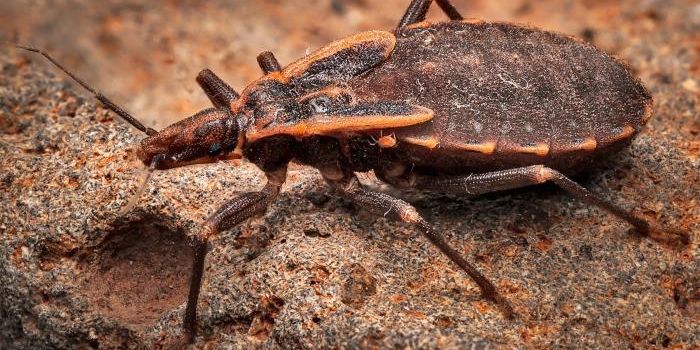Bees Demonstrate Intelligence by Pulling on Strings to Get to Food
The humble bee is a lot smarter than you think it is. Despite having significantly less brain mass than that of you or me, they have reportedly been able to demonstrate a higher-than-average cognitive intelligence through problem solving in an experiment performed by researchers from Queen Mary University of London (QMUL).

Image Credit: Sylvain Alem
The experiment has been published in PLOS Biology. Bees were tasked with trying to dislodge fake flowers coated in sucrose, a chemical they love to call their favorite snack.
The flowers were basically wedged underneath a clear piece of plastic that bees could visibly see through, but they weren’t able to get to the flowers without pulling on the string to get it out from under it.
A video from PLOS Media shows the incredible actions taken by the bees:
Interestingly, more than half of a colony of 40 bees were able to demonstrate this miraculous problem-solving behavior. 23 bees were capable of yanking the string with no prior knowledge of how to get to the sucrose.
Later on, even more bees from the colony learned how to pull on the string to get to the food after they were allowed to observe their fellow bees who already knew what they were doing. These bees that were unable to perform the task earlier in the experiment, prior to learning from others, are referred to in the study as "naïve" bees.
It seems from this behavior they were capable of sharing their thoughts with one another by communicating and learning from one another, leading to a 60% rise in bees pulling on strings to get to the sucrose.
“We found that when the appropriate social and ecological conditions are present, culture can be mediated by the use of a combination of simple forms of learning. Thus, cultural transmission does not require the high cognitive sophistication specific to humans, nor is it a distinctive feature of humans,” study lead author Dr Sylvain Alem said.
The researchers are interested in learning more about how a species with such a small brain is capable of carrying out such complex tasks that are typically only attributed to larger animals. This kind of activity isn’t typically seen in insects, so it’s something we could learn more from.
Source: Science Daily








